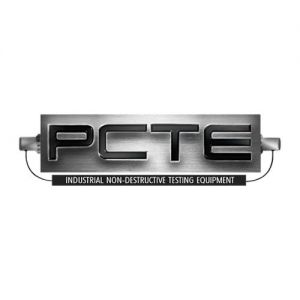 PCTE IndustrialJoined: March 17th, 2020Articles Posted: 9 ArticlesPublished 2 Years Ago Published 2 Years Ago Published 3 Years Ago Published 3 Years Ago Published 3 Years Ago Published 3 Years Ago Published 3 Years Ago Published 3 Years Ago Published 4 Years Ago |

